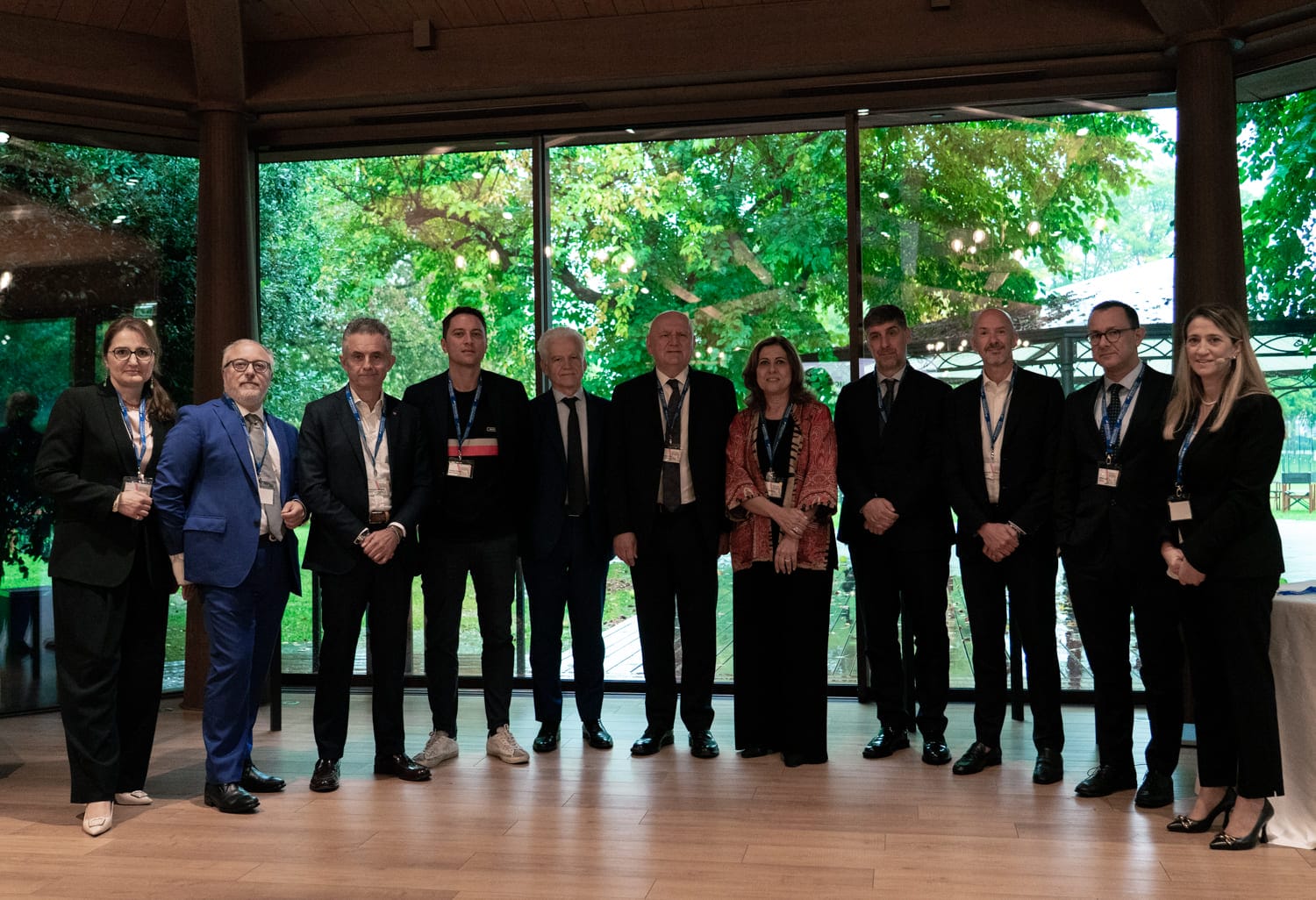
Internationalization and Strategic Sourcing: how to transform the Supply Chain to meet future challenges
In recent years, the global supply chain managementi ha subito profondi cambiamenti, spinti da fattori geopolitici, crisi logistiche e una crescente attenzione alla sostenibilità. La necessità di diversificare le fonti di approvvigionamento e di ridurre i rischi connessi alla dipendenza da pochi fornitori ha reso il sourcing strategico una leva essenziale per la competitività aziendale. Per affrontare con successo le complessità del mercato globale, le imprese devono adottare un approccio metodico e strutturato nella selezione dei fornitori, integrando strumenti di analisi avanzata e strategie di mitigazione del rischio.
L’internazionalizzazione della Supply Chain non è solo una risposta alle difficoltà attuali, ma rappresenta anche un’opportunità di crescita. Attraverso una pianificazione attenta e una gestione efficace delle relazioni con i fornitori esteri, le aziende possono garantire continuità operativa, ottimizzazione dei costi e miglioramento delle performance produttive.
Supply market analysis: the first step toward strategic sourcing for the supply chain
Per avviare un processo di sourcing internazionale efficace, è fondamentale partire da un’analisi approfondita del mercato di approvvigionamento, valutando la sua solidità economica, le opportunità di crescita e la presenza di distretti industriali specializzati in settori chiave. Comprendere la capacità produttiva e tecnologica dei fornitori locali consente di identificare partner in grado di garantire elevati standard qualitativi e innovazione. Tuttavia, un’adeguata conoscenza delle normative e delle barriere doganali è imprescindibile per evitare ostacoli burocratici e ottimizzare il flusso delle forniture. Un’analisi strategica basata su dati concreti e strumenti come il Radar dell’Internazionalizzazione permette alle aziende di valutare i mercati target con maggiore precisione, minimizzando i rischi e massimizzando le opportunità di espansione.
Supplier identification and risk management
Selezionare i fornitori giusti significa andare oltre la valutazione delle offerte commerciali, analizzando in profondità fattori quali la stabilità finanziaria, la conformità alle normative di settore e la capacità operativa. Un fornitore economicamente solido e dotato delle necessarie certificazioni offre maggiore sicurezza in termini di continuità operativa e qualità dei prodotti. Inoltre, un’adeguata analisi del rischio-paese aiuta a prevenire eventuali problematiche legate a instabilità politica, variazioni valutarie o restrizioni normative, garantendo una Supply Chain più resiliente. Le aziende possono adottare misure di mitigazione come la diversificazione delle fonti di approvvigionamento e la negoziazione di contratti flessibili per assicurarsi forniture affidabili anche in contesti di elevata incertezza.
La selezione dei fornitori deve essere basata su un approccio strutturato, utilizzando strumenti analitici che permettano una valutazione oggettiva e comparativa. La Matrice di Kraljic, ad esempio, classifica i fornitori in base all’importanza strategica e al livello di rischio associato, consentendo alle aziende di definire strategie di approvvigionamento differenziate. Parallelamente, il Vendor Rating assegna un punteggio ai fornitori basato su indicatori chiave di performance (KPI) quali costi, qualità e tempi di consegna, facilitando il monitoraggio continuo e l’implementazione di eventuali azioni correttive.
Oltre agli aspetti logistici ed economici, l’internazionalizzazione richiede una Deep understanding of the cultural and negotiating dynamics of emerging markets. Ogni paese ha proprie prassi commerciali e modelli di relazione aziendale che influenzano le strategie di approvvigionamento. Ad esempio, in Cina il successo di una trattativa dipende spesso dalla costruzione di relazioni di lungo periodo, mentre in India prevale un approccio più competitivo e dinamico. Inoltre, le differenze nei processi decisionali e nella struttura gerarchica delle aziende locali possono incidere sui tempi e sulle modalità delle negoziazioni. La Thorough knowledge of regulatory and bureaucratic aspects è altrettanto cruciale per garantire la conformità delle operazioni e prevenire ritardi o sanzioni. Investire nella formazione interculturale dei team di procurement e sviluppare strategie di engagement specifiche per ogni mercato consente di migliorare la gestione delle relazioni con i fornitori, rendendo il processo di sourcing più efficace e sostenibile.
Una scelta non più opzionale
L’internazionalizzazione del sourcing non è più una scelta opzionale, ma una necessità per le aziende che vogliono restare competitive in un mercato globale in continua evoluzione. Adottare un approccio strategico nella selezione dei fornitori, combinando analisi di mercato, gestione del rischio e comprensione delle dinamiche culturali, consente di costruire una Supply Chain resiliente e sostenibile.
Implement structured methodologies such as the Radar dell’Internazionalizzazione, l’analisi del Total Cost of Ownership (TCO) and the strategies of risk mitigation permette alle imprese di ridurre le incertezze e di cogliere nuove opportunità di crescita.
In un mondo caratterizzato da volatilità e incertezza, le aziende che sapranno trasformare la loro Supply Chain con un approccio metodico e innovativo saranno quelle in grado di affrontare con successo le sfide future.




